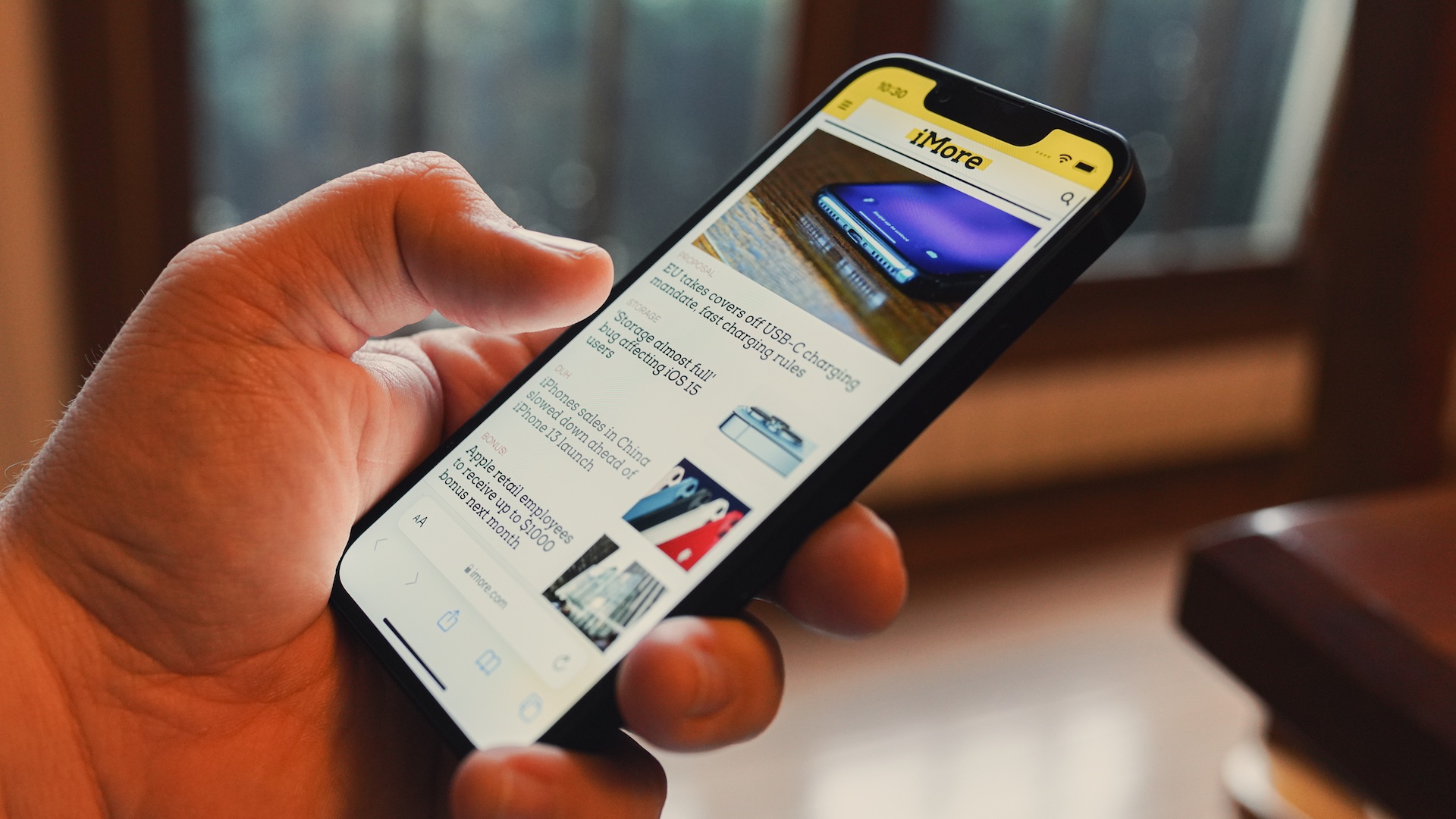
Apple's iOS 17.4 update has begun to roll out a suite of changes to satisfy the Digital Markets Act (DMA) legislation in the EU, but similarly to last month's claims by big developers that Apple hadn't gone far enough, web browser companies are less than pleased with the company's efforts.
As reported by Reuters, browser developers have criticized the slow rollout of the iOS 17.4 update and suggested it's making it harder for users to move away from Safari on iPhone.
Opera, Ecosia, Brave, and DuckDuckGo have seen increased usage, as has Vivaldi. Still, the latter's CEO, Jon Stephenson von Tetzchner, told Reuters that the "process is just so convoluted that it's easiest for (users) to select Safari or some other known name".
Another statement, issued to TechCrunch by a company spokesperson, said "The list of browsers does not show additional information and that does not help users to make a meaningful choice.
"If the user has already selected a browser of their own choice, the choice screen can actively try to push them away from it, and may not even include it in the list that it presents to the user."

More users are switching
As mentioned above, many browsers are seeing increased usage now that the iOS 17.4 update is here.
Aloha, a privacy-focused browser, saw an increase of 250% in usage. "Before [iOS 17.4], EU was our number four market, right now it's number two," Aloha CEO Andrew Frost Moroz told Reuters.
That suggests there's an appetite for third-party options, but Apple is currently under the microscope for potential non-compliance when it comes to payment options for apps like Spotify.
On the plus side, things could look up soon, as we covered in a rundown of the reasons iOS users in the EU should feel positive.







